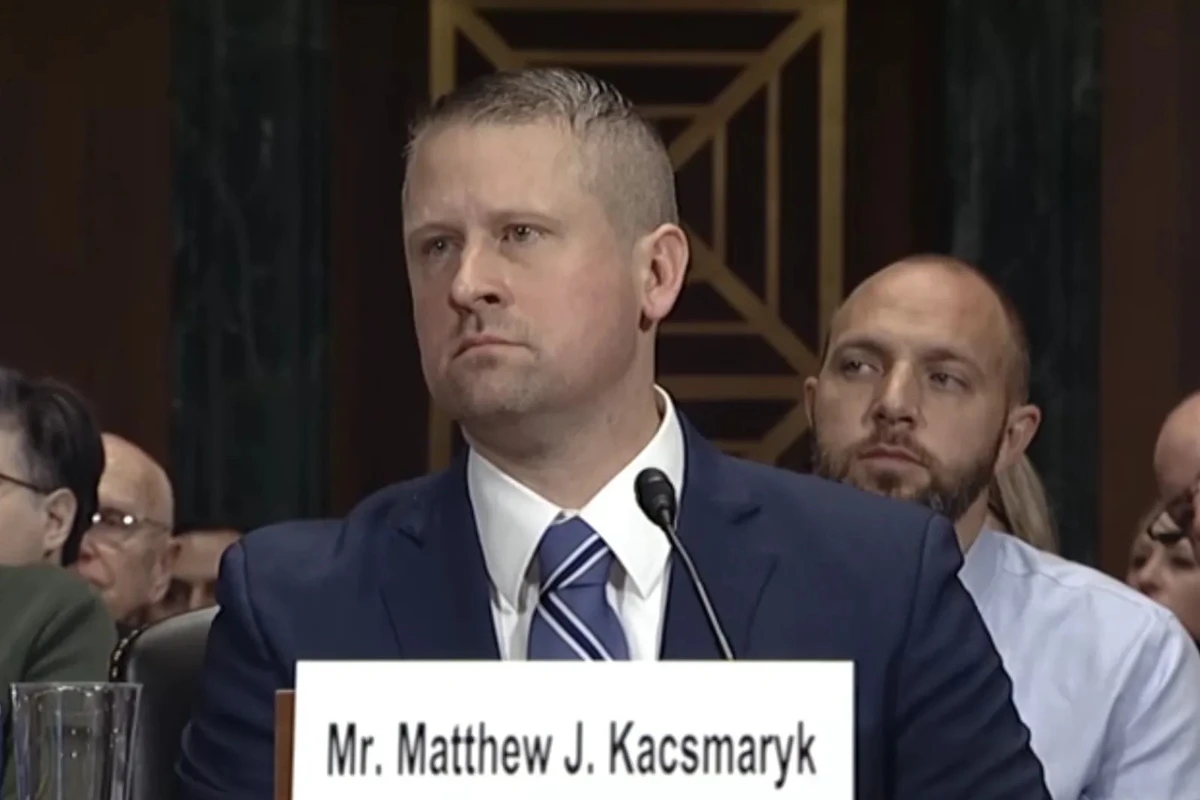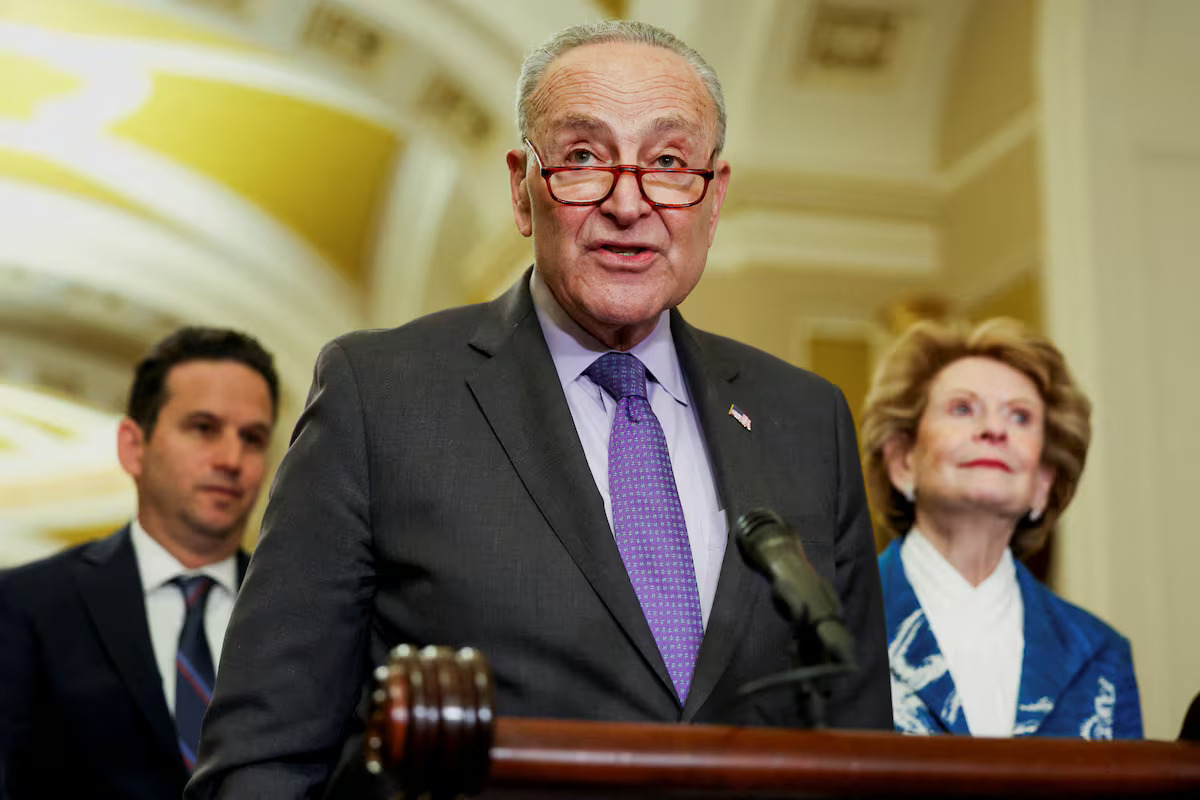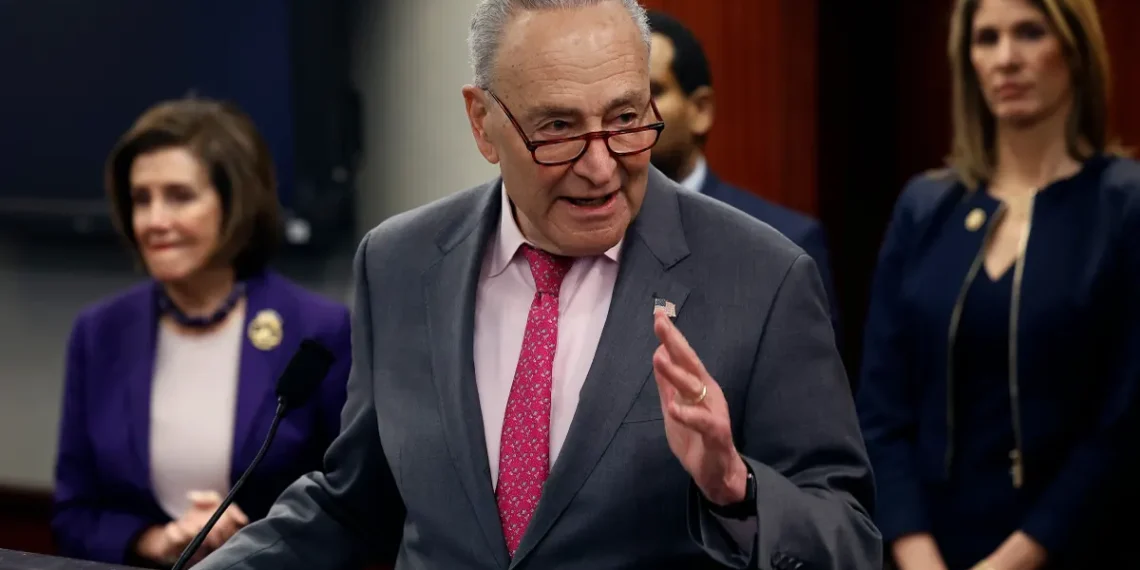A federal court in Texas, often favored by conservative litigants, has rejected a proposed policy aimed at curtailing “judge shopping,” despite pressure from Democratic Senate Majority Leader Chuck Schumer.
Chief U.S. District Judge David Godbey of the Northern District of Texas communicated the decision in a letter to Schumer, stating the court’s reluctance to adopt a random assignment process for cases challenging federal or state laws.
The proposed policy, announced by the U.S. Judicial Conference on March 12, sought to address concerns regarding strategic forum selection by requiring that such cases be randomly assigned judges throughout a federal district rather than remaining in specific, smaller divisions where they were initially filed.

This move would disrupt a tactic commonly employed by conservative litigants, who file cases in smaller divisions of Texas’ four federal districts, often overseen by judges appointed by Republican presidents.
These judges frequently rule in favor of conservative causes, including issues such as abortion, immigration, and gun control.
After facing opposition from Senate Republicans and some conservative judges, the judicial policymakers clarified that the policy was discretionary, allowing each district court to decide its implementation.
Godbey, appointed by former Republican President George W. Bush, explained in his letter that the judges in his district have opted not to alter their case assignment process.

The U.S. District Court for the Northern District of Texas comprises 11 active judges and seven divisions, with larger concentrations in Dallas and smaller ones in cities like Amarillo, Fort Worth, and Lubbock.
Recently, a case from one of these smaller courts presided over by U.S. District Judge Matthew Kacsmaryk made its way to the Supreme Court.
Kacsmaryk, a Trump appointee in Amarillo, suspended approval of the abortion pill mifepristone. The Supreme Court, however, permitted the pill to remain available while considering the appeal, signaling skepticism toward upholding restrictions.





